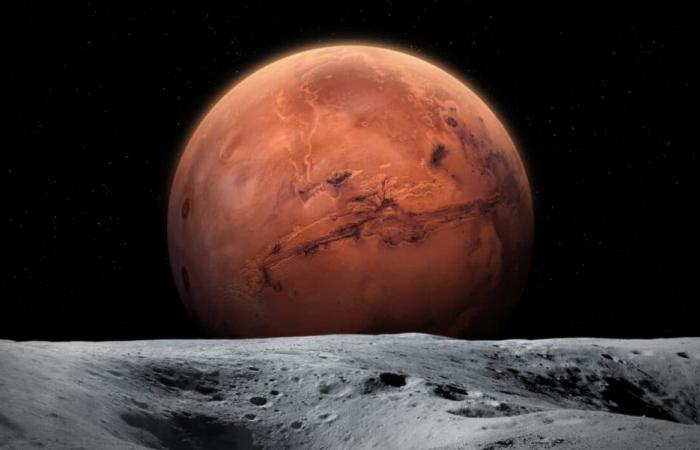The ambitions to explore Mars come up against major physical and medical risks. Life on the red planet is very different from that which we know on earth, and the researchers wonder what these long journeys could do well to the human body. Among the concerns, the poor condition of the kidneys of astronauts on mission particularly attracts attention.
Kidney problems in space
The kidneys of astronauts find themselves in poor position during space missions. Landing and exposure to cosmic radiation promote the formation of kidney stones and can cause lesions that turn into permanent problems. This situation explains why, when prolonged stays are envisaged beyond the natural shield offered by the terrestrial magnetic field, the functioning of the kidneys becomes a subject of concern.
Le Dr Keith Siew, you London Tubular Centre au UCL Department of Renal Medicineconducts an in -depth study on the subject. This work, initiated by theUniversity College London (UCL)brings together more than 40 institutions Distributed on five continents, relies on 20 research cohorts and includes samples from more than 40 missions In low terrestrial orbit, without forgetting 11 simulations made on mice and rats. The results of this study were published in the journal Nature Communications.
-What studies show
The data collected indicate that spatial flight clearly modifies the structure and functioning of the kidneys. Prolonged exposure to galactic cancellation can cause irreversible damage to organs. Even if, in low terrestrial orbit, the magnetic field of the earth offers partial protection, it should be noted that only 24 astronauts were exposed to galactic cosmic radiation during relatively short lunar missions.
Details of discoveries
After only a month spent in microgravity, the renal tubules begin to shrink, which disrupts the normal passage and increases the risk of calculation formation. Cosmic cancellation also poses a problem because the usual shielding of spacecrafts is not enough to stop it completely. In addition, the experiences carried out on mice, as part of a simulation equivalent to a 2.5 -year -old Martian journey show that the damage observed is irreversible.
For the missions of tomorrow
Protecting the kidneys becomes essential to guarantee the safety of future missions to Mars. The risk that some astronauts find themselves in a situation of having to use dialysis after their return is not to be taken lightly. Dr. Keith Siew explained it by saying: “We know that the kidneys take time to show signs of damage by radiation; When these signs appear, it is often too late to intervene ”. Since the 1970s, space agencies have been monitoring health risks linked to space travel, and these results strengthen the need to develop protections against dangerous radiation.






